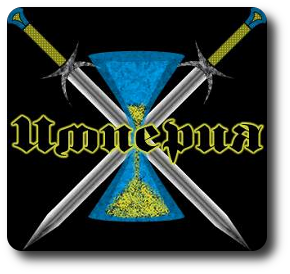Alex wasted his childhood on programming, playing computer games, and generally tinkering with computers. To the astonishment of well-meaning relatives, that turned out to be an excellent career choice.
As a Computer Science undergraduate student Alex often contemplated the meaning of life, the universe, and the point of humans in between rounds of Warcraft 2 deathmatch. He discovered a very important belief of his, that knowledge without application is useless. He then proceeded to create the first Bulgarian Massively Multiplayer Online game, Imperia, in his senior undergraduate year. After a summer filled with thrill and fame, Alex went on to his graduate studies in the US, where it was quickly pointed out to him that being a geek celebrity in a small country gets in the way of Serious Work. Imperia was reluctantly put out to pasture.
Five years later Alex emerged with a M.S. and a Ph.D. in Computer Science, some interesting knowledge, and a few interesting applications of that knowledge, such as a summer's work for Google on the Google Web Toolkit. He had also found out that he was an excellent teacher---probably because he had a rare understanding of good CS students. They wanted the same thing he did: make cool stuff that works.
Alex was snatched straight out of graduate school into a tenure-track position at SUNY Oswego. Now that he could afford to follow his passions (and, in fact, was encouraged to do so by his wonderful colleagues), he promptly started making and teaching pilot courses in game development, game design, and other game-related activities popular with students (and not so much with their parents). Once those were in place, he proceeded to create a new Game Development concentration in the CS major and ensure its smooth running.
These days Alex is finally looking to continue some projects he started years ago. He has several game designs ready, and quite a few interesting ideas regarding various algorithms for making games more fun. It seems the world has progressed a bit in the past eight years, too. Not only are games not frowned upon (too much) by academia, but also there are people doing amazing things, such as procedural content generation that actually works and sits at the core of real games. Alex embraced the PCG community, and the attraction was mutual---he was invited to be on the Program Committee of the PCG'12 workshop, and to co-organize the PCG'13 one. The future is bright.
You can see the above described formally and with more details in Alex's CV.
Last updated: August 2012.
